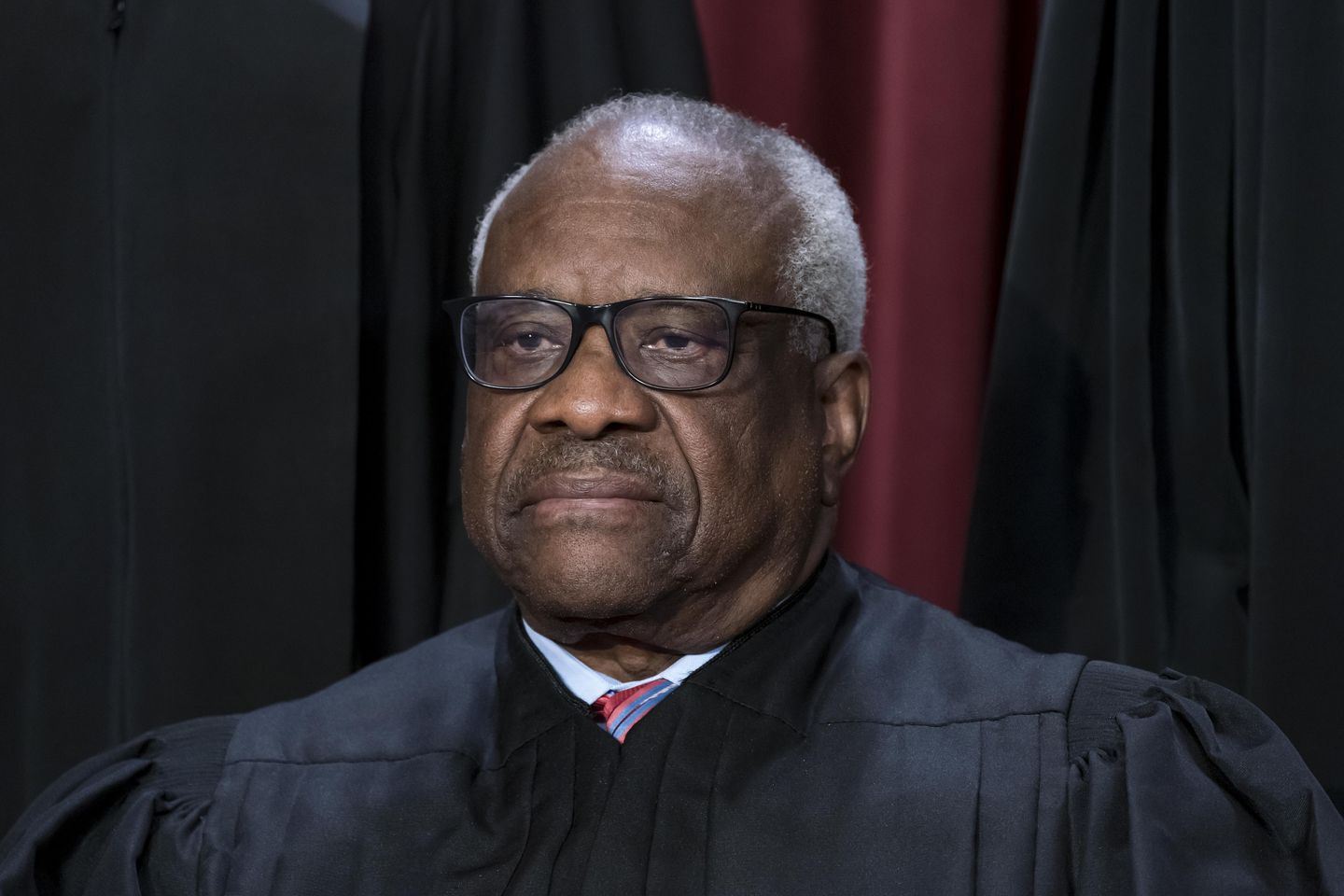During a judicial conference on Friday, Supreme Court Justice Clarence Thomas shared his frustrations about the treatment he and his wife have received in recent years. He expressed his dismay at the “nastiness” and “lies” that have been directed towards them. Thomas also criticized Washington, D.C., referring to it as a “hideous place.” These comments shed light on the challenges and difficulties that public figures like Thomas face in the current political climate.
Justice Thomas’ remarks highlight the personal toll that public service can take on individuals and their families. The scrutiny and criticism that come with being in the public eye can be overwhelming and hurtful. Thomas’ willingness to speak out about his experiences shows the resilience and strength required to navigate such challenges. It also serves as a reminder of the importance of empathy and understanding in our interactions with others, especially those who hold positions of power and influence.
The hostility and negativity that Thomas and his wife have encountered reflect the broader polarization and divisiveness in American society. The increasing polarization in politics has led to a climate where personal attacks and character assassination are not uncommon. Thomas’ comments underscore the need for civil discourse and respectful disagreement in public discourse. It is essential for individuals to be able to express their opinions and beliefs without fear of retribution or harassment.
Thomas’ criticism of Washington, D.C., as a “hideous place” speaks to the toxic environment that can exist in the nation’s capital. The political culture in Washington is often characterized by power struggles, backbiting, and partisan bickering. This atmosphere can make it challenging for public officials to focus on their duties and responsibilities. Thomas’ candid assessment of the city reflects a desire for change and a longing for a more positive and productive political environment.
In conclusion, Justice Clarence Thomas’ comments at the judicial conference shed light on the personal challenges and difficulties he has faced in recent years. His remarks about the “nastiness” and “lies” directed towards him and his wife underscore the need for empathy and understanding in public discourse. The broader issues of polarization and divisiveness in American society are evident in the treatment of public figures like Thomas. His criticism of Washington, D.C., as a “hideous place” highlights the toxic political culture that can exist in the nation’s capital. Ultimately, Thomas’ comments serve as a reminder of the importance of civility and respect in public discourse and the need for a more positive and productive political environment.









